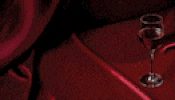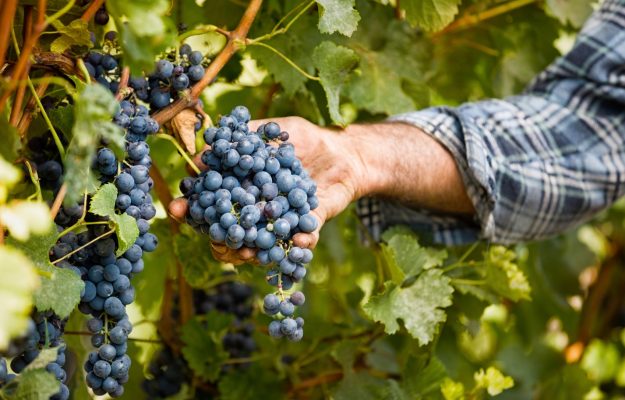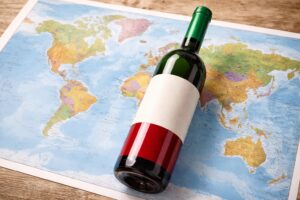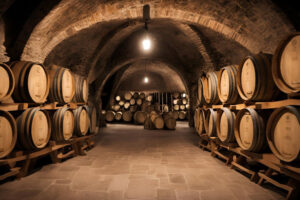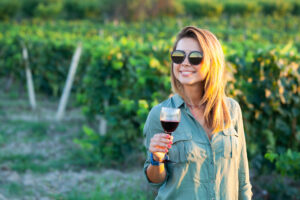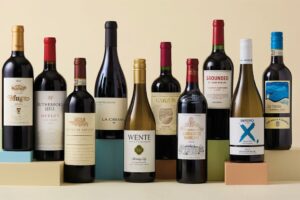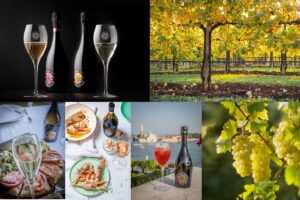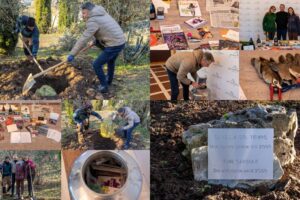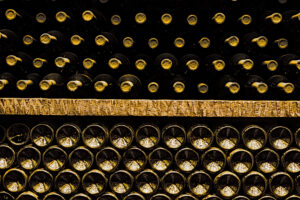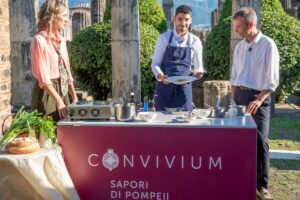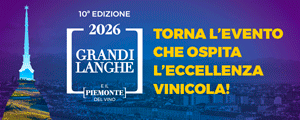At the end of June 2022, the European Commission, after a long and troubled journey, presented the proposed reform of the Pesticides Regulation, better known as the Sustainable Use of Pesticides Regulation (SUR), which sets an ambitious goal for European farmers, to say the least: to halve the use of pesticides in agriculture by 2030, but for Italy the reduction would be as much as 62%, and to ban their use by the same date in sensitive areas. The goal is undoubtedly noble, and after all, cutting and then eliminating pesticide use in the fields is one of the highlights of the EU Green Deal, in line with commitments made in the Farm to Fork and Biodiversity Strategy.
The new regulation, by its very nature, would become binding on all EU member states, but the question that farmers have been asking for months, without receiving an answer from the institutions, is: at a time of such great fragility in the European economy, can European citizens face the risk of seeing their agricultural production collapse? However ideologically just and sharable, the fight against the use of pesticides, without there still being equally effective alternatives, risks plunging the cultivated fields of the Old Continent into the uncertainty of harvests at the mercy of events, with the obvious danger of depending more and more on the randomness and productions of other countries.
A danger about which European agricultural cooperatives had already warned, with some concern, in September, and which today wine cooperatives from France, Italy (with the Alleanza delle Cooperative Alimentari) and Spain are once again emphasizing, bolstered also by a small, yet important, result: the decision of the EU Council to ask the Commission for a further impact assessment on the Sustainable Use of pesticides Regulation, which takes into account the proposal's impact on food safety. And, perhaps, rethink its objectives along common sense and feasibility lines, based on more complete and clear data, starting with data on actual pesticide use, which do not match the sales figures of manufacturing companies.
As stated in the open letter addressed to members of the European Parliament, “French, Italian and Spanish wine cooperatives, which produce half of Europe’s wine-almost 75 million hectoliters per year-are asking MEPs to consider the additional impact assessment on the Commission’s Sustainable Use of Pesticides Regulation (SUR) proposal in order to best amend it. We welcome the Council’s decision to ask the Commission for an additional impact assessment on SUR that takes into account the proposal’s impact on food safety. Indeed, it is necessary to have all the data to make rational and informed decisions that will have a long-term impact on European agricultural production capacity. This is why we are asking the European Parliament to take the time and have all the data available to amend the Commission’s text.
The European Commission’s proposal must be changed: it is in fact unrealistic, ideological and full of errors. This is demonstrated by the partial backtracking that the Commission itself has done with its informal paper on sensitive areas. But sensitive areas, while a serious mistake by the Commission, are not the only problem with the proposal. In fact, we reject the logic of pesticide use reduction targets, because a 60% or 20% reduction does not make sense without clear alternatives and without an adequate and realistic timetable, necessary conditions to accompany farmers on this path. We must take into account the different crops, the concrete alternatives available for each crop and each pest. Pesticides are a cost to winegrowers, and we would gladly do without them: this year, for example, weather conditions meant that fewer diseases developed, and so pesticide use in vineyards was naturally lower.
As winemakers, we are the first to be interested in safe production conditions - the farmer is the first to be exposed to the possible effects of the use of harmful pesticides - that respect the environment and the nature of the surrounding area, in order to offer products of the highest quality, with the highest health guarantees, and to contribute to the preservation of our soils, the quality of our water and the diversity of our flora and fauna. Viticulture is practiced in an open and complex environment, subject to many variables, both predictable and unpredictable - bad weather, high probability of being affected by pests and diseases, crop diversity, climate change - that can affect its production.
Setting “political” goals is propaganda without actually addressing real agronomic needs and characteristics. We call for clarity on alternatives to chemicals, and for more research where none exists. EU policy on plant protection products must put environmental sustainability and economic sustainability on the same footing, and this means that the transition to a reduction in the use of plant protection products must take place at a pace that allows for the implementation of alternative control methods, which must be encouraged by public investment. Should the current approach be maintained, we believe that reduction targets and harmonized risk indicators should change and be based on “farmer’s actual use” data and not on sales data for their calculation. New indicators should be found that are fairer, more efficient and more in line with reality.
We ask for the establishment of a legislative framework on new genomic techniques (NGTs) as soon as possible, allowing for the rapid development of more pest-resistant varieties in the future, and in the meantime allowing for the necessary field trials. We also want to remind MEPs that the wine sector has already been on the road to sustainability for some time: our effort is to reduce greenhouse gas emissions, use fewer pesticides, and respect the soil and the environment. It is a road we are walking with conviction, and we do not want to turn back, because we are a dynamic industry that does not shy away from climate and environmental challenges.
The cooperative structure has allowed us, over the years, greater strength in the market and a sharing of best practices, increasing joint efforts. We do not have a welfarist approach, and we are active and dynamic players in the agricultural world, but at the same time we demand reasonable and knowledge-based public policies for the agricultural sector. We believe that the proposal for a regulation on the sustainable use of pesticides presented by the European Commission must be radically changed because it is far removed from the reality of the agricultural and viticultural world and unsuitable for achieving the goals it proposes. We call on the European Parliament to take decisive action to change those elements that represent agronomic nonsense and would only serve to further weaken the agricultural sector at a time of serious crisis.
Among the further negative consequences of a drop in production at the European level, it should not be forgotten that inevitably wide spaces would be opened for the import of non-EU products, which in most cases are subject to fewer controls than European ones, are less healthy and less environmentally sustainable. The wine world that we represent wants to commit itself against climate change - of which we are the first victims - wants to substantially decrease the use of inputs, especially pesticides that represent a significant cost, wants to commit itself to the path of sustainability in a concrete, decisive and proactive way, but demands reasonable policies and clear alternatives”.
Copyright © 2000/2026
Contatti: info@winenews.it
Seguici anche su Twitter: @WineNewsIt
Seguici anche su Facebook: @winenewsit
Questo articolo è tratto dall'archivio di WineNews - Tutti i diritti riservati - Copyright © 2000/2026

